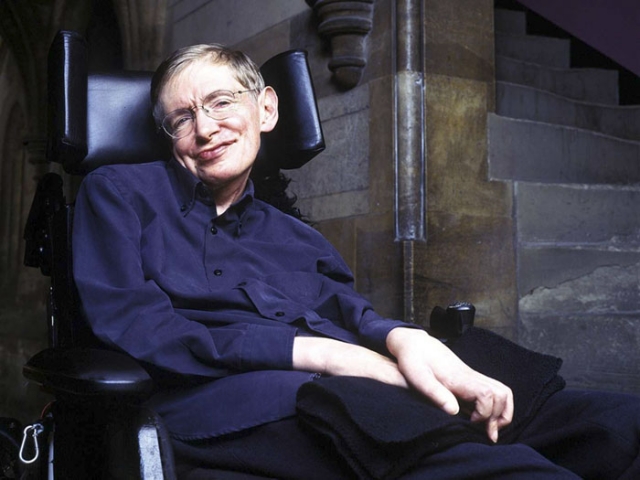Stephen Hawking Dies Aged 76
Stephen William Hawking, an English theoretical physicist, cosmologist, author and Director of Research at the Centre for Theoretical Cosmology within the University of Cambridge, died on March 14 at the age of 76.
The British scientist was famed for his work with black holes and relativity, and wrote several popular science books including A Brief History of Time.
BBC reports that he died at his home in Cambridge in the early hours of Wednesday.
At the age of 22, Prof Hawking was given only a few years to live after being diagnosed with a rare form of motor neurone disease. The illness left him in a wheelchair and largely unable to speak except through a voice synthesiser.
In a statement that confirmed his death, Hawking’s children said: “We are deeply saddened that our beloved father passed away today. He was a great scientist and an extraordinary man whose work and legacy will live on for many years. His courage and persistence with his brilliance and humor inspired people across the world.”
Hawking was an Honorary Fellow of the Royal Society of Arts (FRSA), a lifetime member of the Pontifical Academy of Sciences, and a recipient of the Presidential Medal of Freedom, the highest civilian award in the United States. In 2002, Hawking was ranked number 25 in the BBC's poll of the 100 Greatest Britons. He was the Lucasian Professor of Mathematics at the University of Cambridge between 1979 and 2009 and achieved commercial success with works of popular science in which he discusses his own theories and cosmology in general. His book, A Brief History of Time, appeared on the British Sunday Times best-seller list for a record-breaking 237 weeks.
By Thea Morrison












